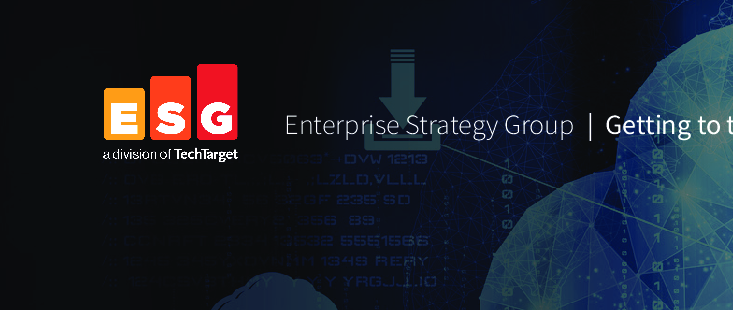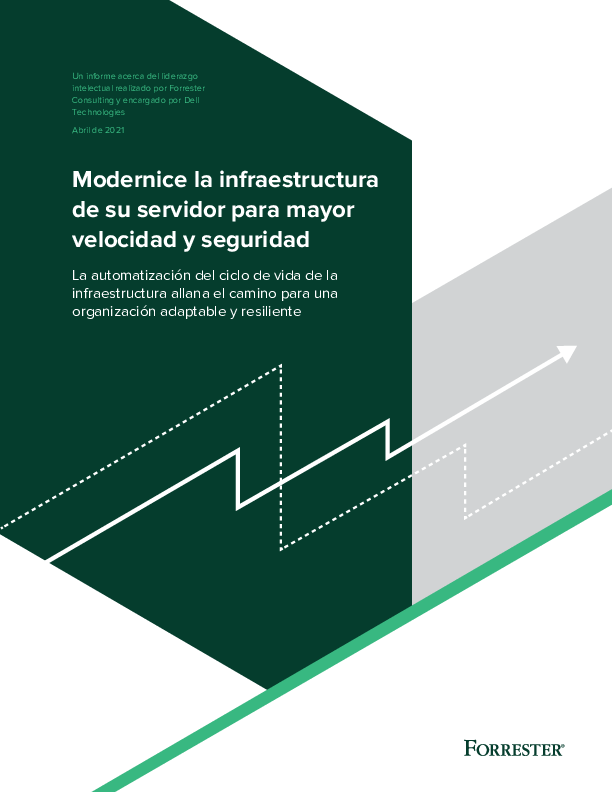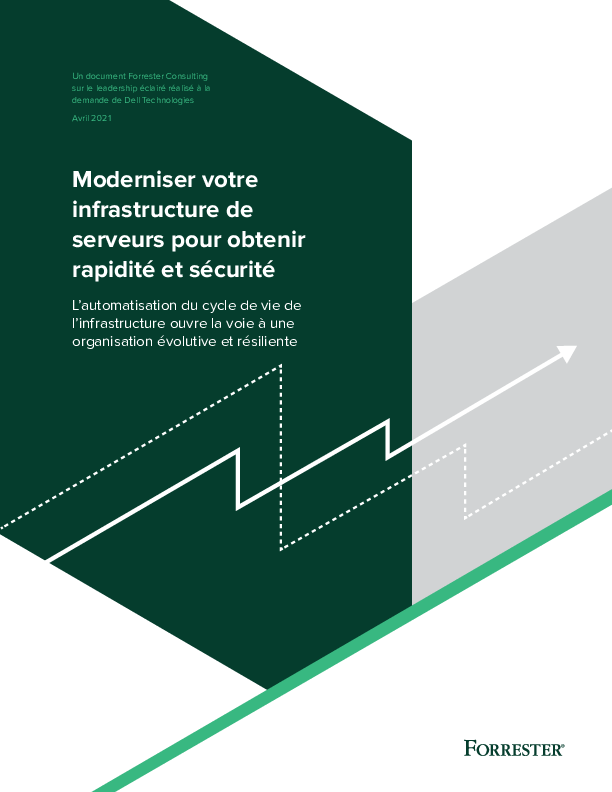The industry is becoming smart – which sectors are affected?
Industry 4.0 is defined by the digital networking of autonomous production resources and their planning and control systems. They have the following features: They can control or configure themselves according to the situation. They are spatially distributed and work sensor-supported or knowledge-based.
According to a survey by the digital association Bitcom among 533 industrial companies, every fourth machine or system in Germany currently falls under the above definition – and the trend is rising rapidly. In almost all cases, smart technologies are only used in some areas of the company, while other areas are still organized analogously. The task for the coming years is to digitize the entire business models. But what does this mean in concrete terms? Which areas are affected?
The focus of attention is on the Smart Factory – but that is not enough
"Tomorrow's factory – faster, more efficient, more flexible": With this teaser, the Federal Ministry of Education and Research launches its information page on the subject of Industry 4.0. Production, automation and logistics – these are the predominant fields of application. Accordingly, the political focus from the outset was on industrial production and its consequences for the world of work. This is not unfounded.
The above-mentioned Bitcom Research 2018 also proves this: The manufacturing industry currently makes the most use of the possibilities offered by smart technologies. Around half of the companies surveyed use machine-to-machine communication. Another 22% are planning concrete deployments in the next two years. In other words, classic production is growing together with the Internet. The intelligent factory is created and networks machines and products with each other and with suppliers and customers. Strategically, 97% of all German companies are taking the lead. And only 55 % of them have an overall concept.
Around 42% follow the idea of retaining functioning analogue business units for the time being. Behind this is the trend towards cautious investments. As a rule, only 5% of total sales are invested in the implementation of smart technologies. As long as industry 4.0 ends in its own workshops, the full potential will not be exploited. Intelligent products that generate data should be used for new, data-based smart services for customers.
Currently, companies are focusing on the aspect of cost and production efficiency. It is essential for the future to develop a changed service awareness and to consistently push ahead with digitization. However, this stands or falls with the possibilities of network expansion. As long as smart manufacturing is limited primarily to the data architecture within a company, a certain degree of isolation from the outside remains.
New Smart Services require comprehensive, functioning networking. This increases the risk of cyber attacks and cyber security is a significant risk factor. Data protection and data security are therefore of great importance for 56 - 58 % of the companies surveyed.
Intelligent technologies also affect consumers' everyday lives
In fact, Industry 4.0 doesn't just mean the Smart Factory and Smart Manufacturing. The DSP selfcampaign regularly evaluates which topic articles are read by decision-makers in companies. This shows that 60.3% of the articles read are actually Smart Factory articles and a further 17.5% Smart Manifacturing articles.
But first and foremost there is another topic. 70 % of the specialist information read is about Smart Home Security, another 36.3 % is about Smart Home in general. In addition there are 17.1 % specialist articles on Smart Building and 14.8 % on Smart City.
In general terms: The average German consumer is also a highly relevant factor in the development of industry 4.0. He will increasingly live in a Smart Home in a Smart City with Smart Buildings. His household appliances, his apartment, his home and his surroundings will all become part of a complex network.
Developing the right devices and services and ensuring their cyber security – this is an economically important factor for many decision-makers. In this context, intelligent infrastructures are also becoming increasingly important. 37.8 % of all articles read dealt with the Smart Grid and another 27.7 % with the Smart Meter. Beyond the manufacturing industry, the energy industry, the housing industry, the public sector, architecture and urban planning are often underestimated factors in the implementation of a successful digital revolution. German companies estimate that Germany ranks among the top three nations in terms of Industry 4.0.







